Blockchain technology is a decentralized and distributed ledger system that enables secure and transparent record-keeping of transactions across a network of computers. It consists of a chain of blocks, where each block contains a list of transactions. Once a block is completed, it is linked to the previous block using cryptographic hashes, forming a chain of blocks. This chain ensures the integrity and immutability of the recorded information.

In contrast to traditional centralized systems, where a single entity (such as a bank or government) controls the ledger, blockchain is decentralized. It functions on a network of computers (nodes), each possessing a copy of the complete blockchain. This decentralized structure guarantees the absence of a single point of failure or control.
In recent years, you may have come across the term ‘blockchain’ mainly in relation to cryptocurrencies such as Bitcoin, Ethereum, and other major ones. However, you might be intrigued, as I was, to discover that blockchain technology can be utilized in diverse ways to improve transparency, traceability, and efficiency in the agricultural supply chain management.

Blockchain Technology is future of databases.
Some Important Uses of Blockchain Technology in Agriculture:
- Supply Chain Traceability: Blockchain can track the journey of agricultural products from the farm to the consumer. Each step in the supply chain, including planting, harvesting, processing, and distribution, can be recorded on the blockchain. This creates an immutable and transparent ledger that allows consumers, retailers, and other stakeholders to trace the journey of agricultural products from the farm to the table. This transparency helps build trust and ensure the authenticity of the products.
- Smart Contracts for Transactions: Smart contracts are self-executing contracts with the terms of the agreement directly written into code. In agriculture, smart contracts can be used for various transactions, such as agreements between farmers and buyers, payments, and delivery schedules. This can reduce the need for intermediaries, streamline processes, and ensure that contractual terms are automatically enforced.
- Quality Assurance: Blockchain technology can be utilized to document and authenticate the quality standards of agricultural products. Information concerning soil quality, irrigation, pesticides, and other pertinent data can be securely stored on the blockchain. This guarantees that consumers receive precise details about the products they are buying.
- Financial Inclusion: Blockchain can assist in offering financial services to small-scale farmers who may lack access to conventional banking. By using blockchain-powered platforms, farmers can obtain loans, receive payments, and conduct financial transactions without relying on a traditional banking system.
- Data Sharing and Collaboration: Blockchain technology enables secure and transparent data sharing among stakeholders in the agriculture sector. This may involve sharing details on weather conditions, crop diseases, and best practices. Collaborative initiatives can result in enhanced decision-making and higher productivity.
- Data Sharing and Collaboration: Blockchain technology allows for secure and transparent sharing of data among different stakeholders in the agricultural ecosystem, including farmers, suppliers, distributors, and regulators. This shared data can be related to weather conditions, market trends, or best agricultural practices. Collaborative efforts fueled by shared information can lead to better decision-making and improved overall productivity in the sector.
- Reducing Fraud and Counterfeiting: The immutable nature of blockchain makes it challenging for fraudulent activities and counterfeit products to enter the supply chain. Each transaction is recorded on the blockchain, providing a tamper-proof history of the product’s journey. This helps in maintaining the integrity of the supply chain and protecting consumers from fake or substandard agricultural products.
- Decentralized Marketplaces: Blockchain technology can support the development of decentralized marketplaces where farmers can directly connect with buyers, eliminating the need for intermediaries. This can lead to fairer pricing, reduced transaction costs, and increased profits for farmers.
- Climate Smart Agriculture:
Blockchain technology can be employed in climate-smart agriculture by recording and validating sustainable practices. This includes carbon credits for practices that reduce greenhouse gas emissions and promote environmental sustainability. This can be valuable for farmers participating in carbon credit programs and other sustainable agriculture initiatives.
Various Multinational Agro-based Companies are already implementing Blockchain Technology in supply chain management of agricultural produce i.e. IBM Food Trust, BlockGrain and AgriDigital in Australia, VeChainThor in China, Provenance in the UK and Ripe.io in the United States and many more.
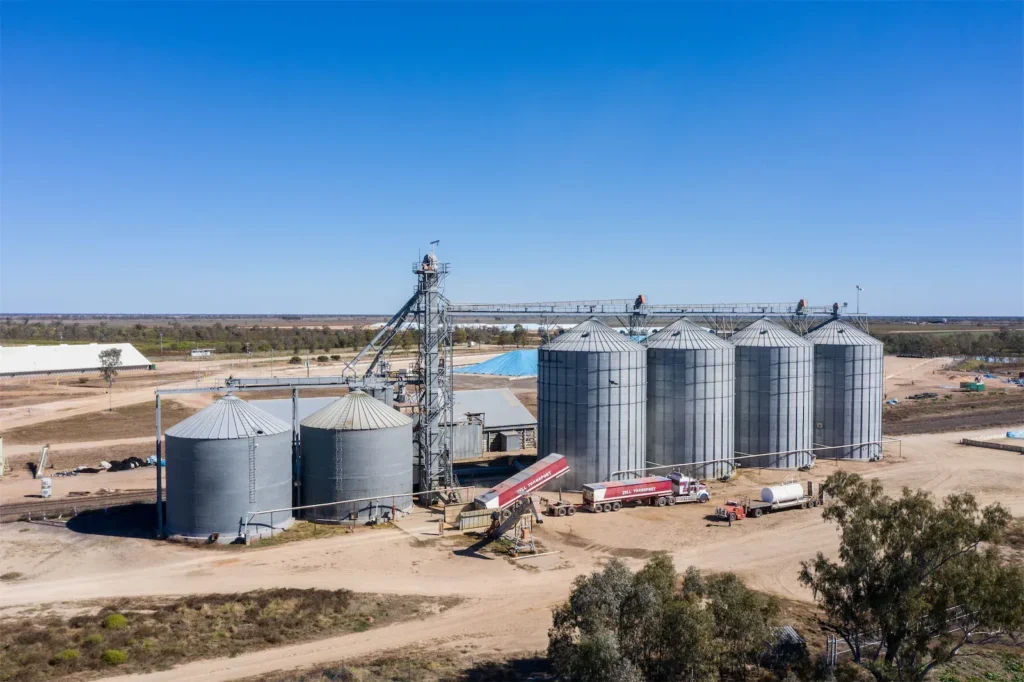
Hence, blockchain technology is a versatile tool with potential applications in different industries, providing enhanced security, transparency, and efficiency in managing data and transactions. Its usage will grow as the technology advances and gains wider acceptance from societies and governments.

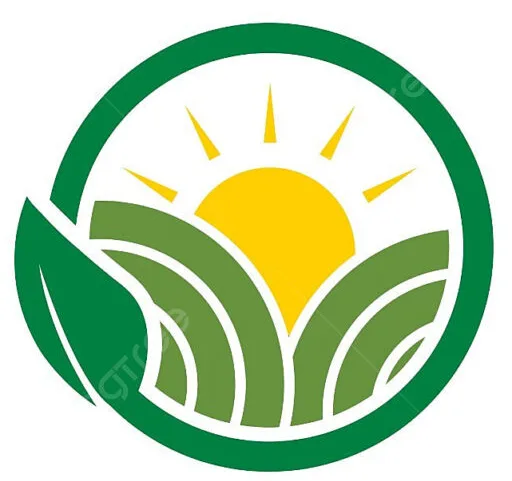
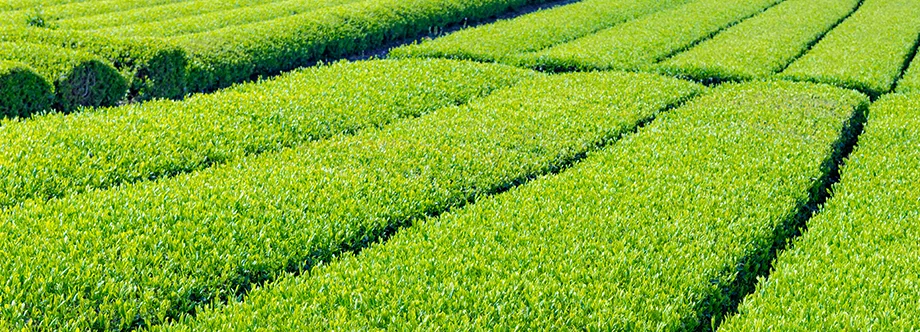
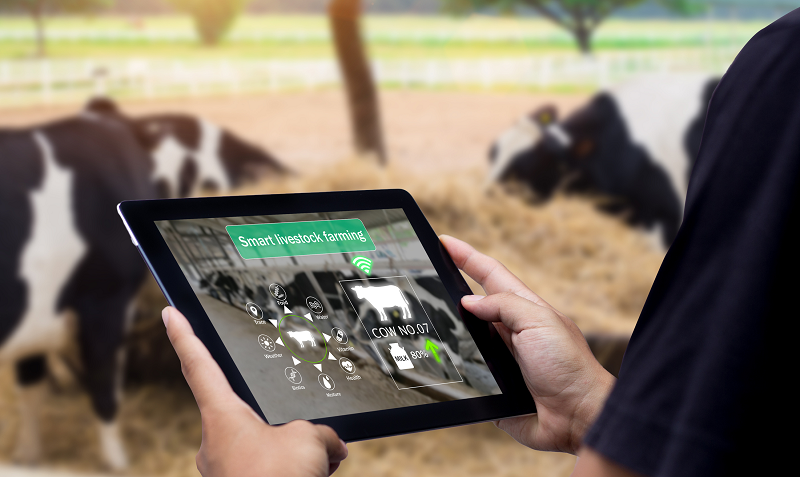
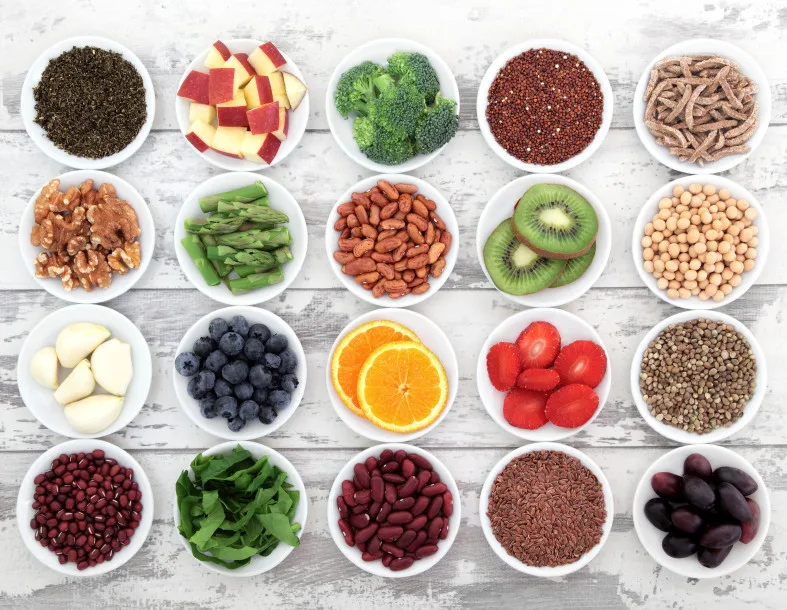
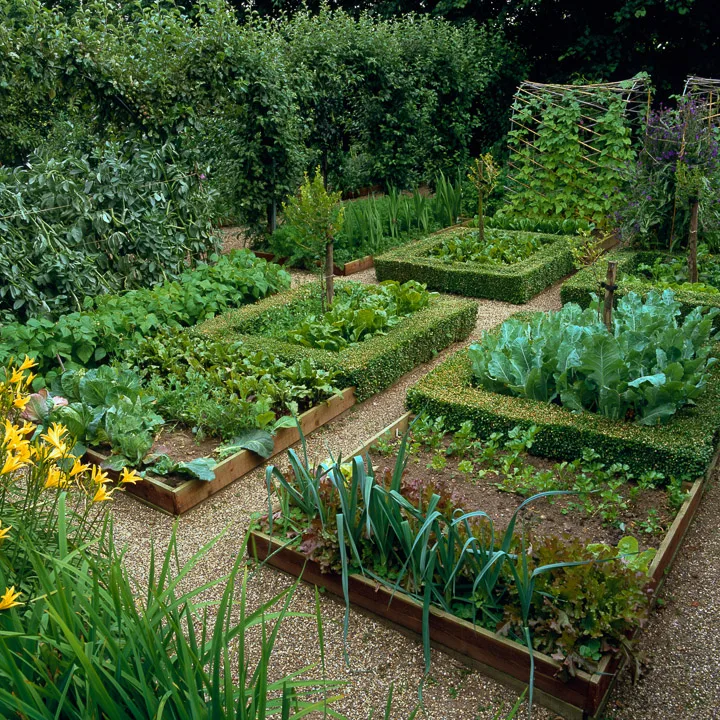
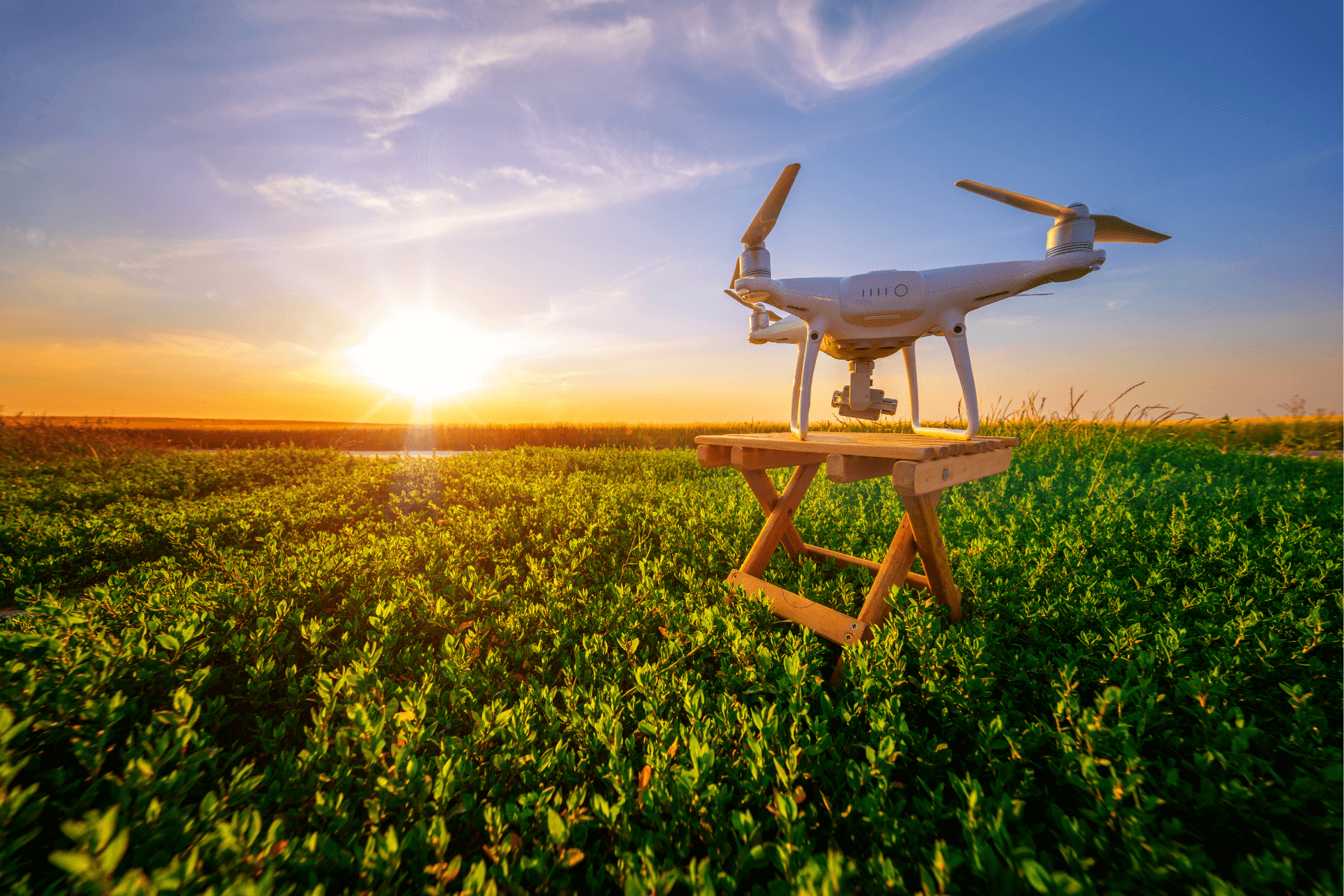
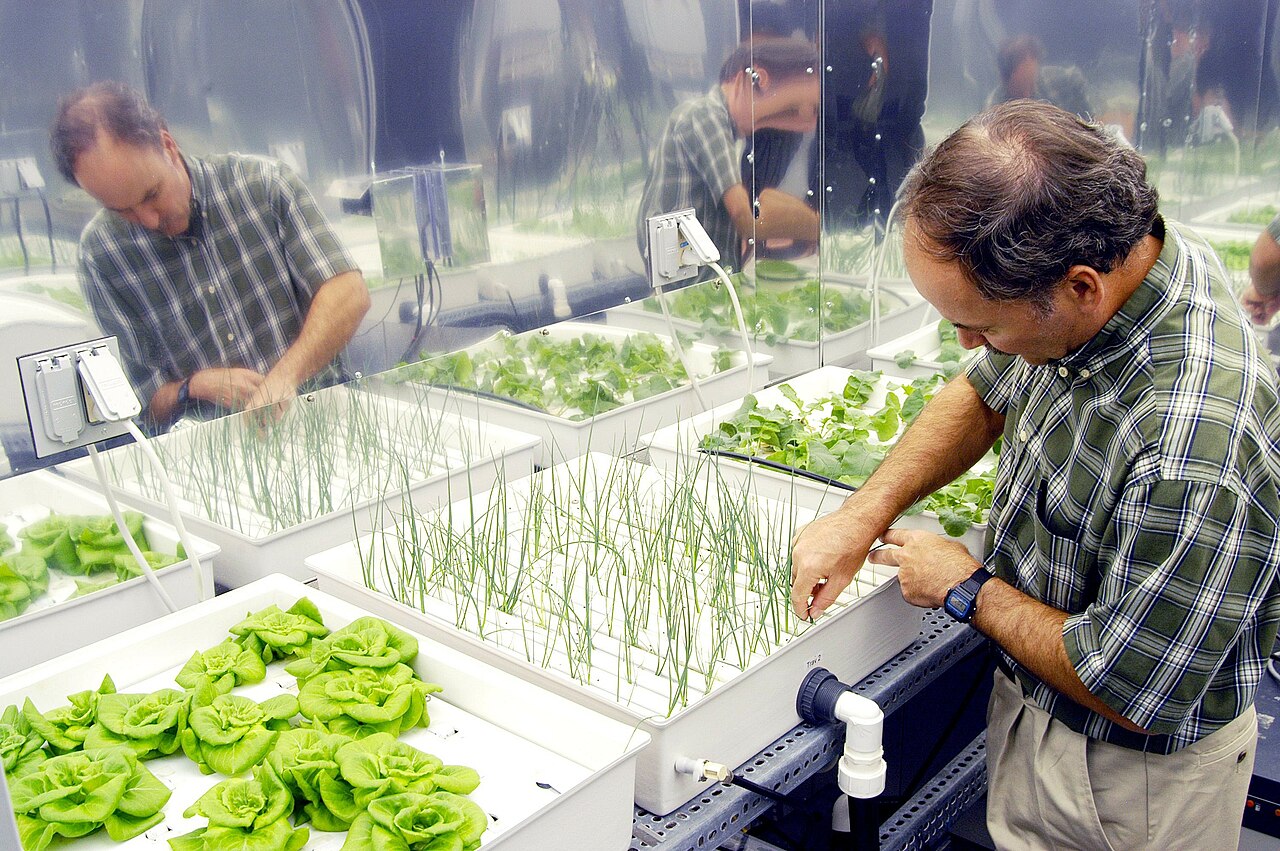
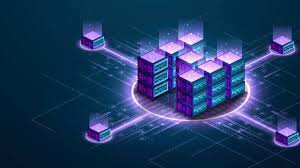


Its an amazing article. Thanks for this write-up, it really inspired me and others out there